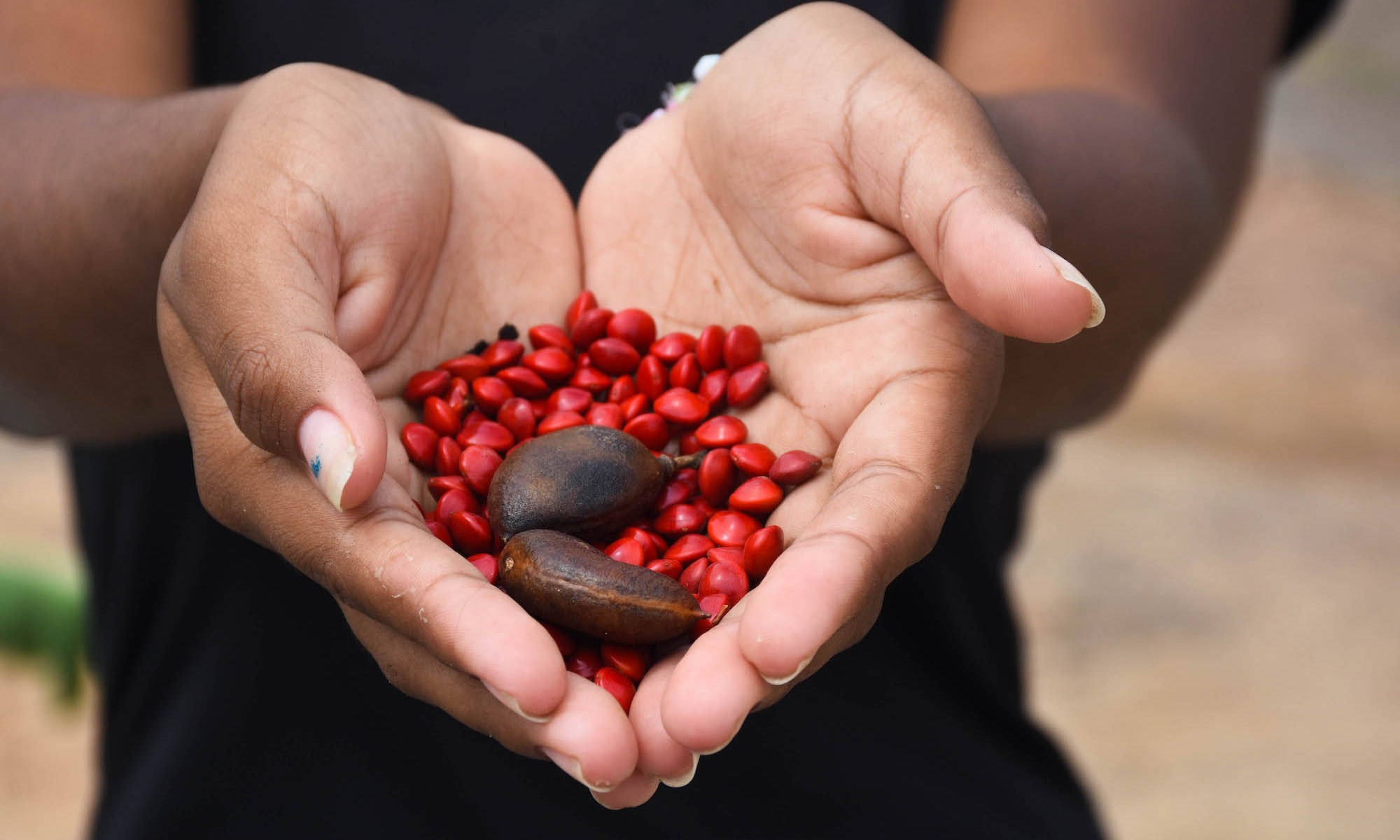VEHA
Guidance

Guidance
Virtual Environmental and Humanitarian Adviser Tool – (VEHA Tool) is a tool
to easily integrate environmental considerations in humanitarian response. Field Implementation guidances are useful for the design and execution of humanitarian activities in the field.
Water treatment at the point of use has impacts on the environment. Boiling water often involves tree cutting and burning of wood, or burning of fossil fuels which contribute to climate change. Home water filters can reduce this impact but most still use chemicals and require chemicals and transport for their cleaning and maintenance.
People living with chronic or terminal illnesses, the very old and very young, are more vulnerable to water-borne disease than others.
Water pollution
Deforestation from tree cutting to boil water.
Air pollution from burning charcoal or fossil fuels to boil water.
Chemical use for water treatment.
Risk of water pollution and health impacts.
Domestic water treatment often involves boiling water. Water is often boiled using firewood cut from local trees, or using fossil fuels that contribute to climate change and local air pollution.
Chemicals used for domestic water treatment can be spilled or go out of date and be disposed of directly to the environment, causing pollution and harm to local flora and fauna.
Domestic water may be contaminated leading to adverse health impacts.
Provide filters that are easily operated and maintained. Train people in their hygienic use and maintenance. Avoid the use of harmful chemicals. Train people in the safe storage and handling of water.
Where humanitarian activities promote domestic water treatment, provide water filters instead of stoves. Provide filters that are easily maintained such as activated carbon. Train people in their hygienic use and maintenance.
Avoid the use and distribution of harmful chemicals for domestic water treatment.
Train people in the safe storage and handling of water to avoid pollution post-treatment.
If using systems such as SODIS that rely on the sun’s rays to kill harmful pathogens, ensure a system is in place for regular disinfection and testing of water. Ensure plastic bottles are used that do not decay in the sun.
Many communities whose water sources are polluted, resort to cutting treas or creating charcoal in order to boil water to clean water. This would not be necessary if water was protected from pollution. If water was protected then the cutting of trees for charcoal and boiling water would be reduced substantially.
Number of low cost, low maintenance, effective home water treatment kits distributed and trained on.
Prevention of environmental damage
Time and money to source appropriate home water treatment technology, train people in its use and maintenance.